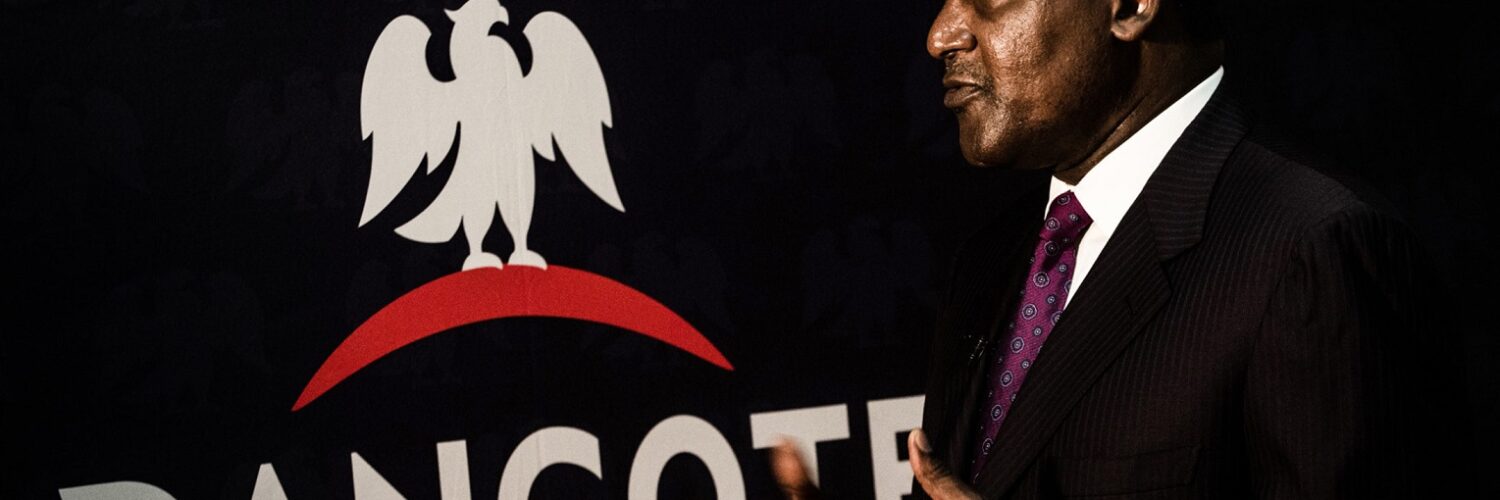
Introduction
Recently, the Nigerian House of Representatives has been embroiled in a significant controversy involving Dangote Cement and other major players in the cement industry. The issue at hand is the soaring prices of cement in the country, which have been causing widespread concern and hardship among Nigerians. This situation has prompted the House of Representatives to summon the management of Dangote Cement, along with other cement manufacturers, to explain the reasons behind the price hikes. Let’s delve into the details and explore the various facets of this unfolding drama.
The Backdrop
Cement is a fundamental component in construction, and its price directly impacts the cost of building infrastructure, homes, and commercial buildings. In Nigeria, the price of cement has seen an unprecedented rise, with some reports indicating that it has doubled in recent years. This has not only affected the construction industry but also exacerbated the housing deficit, which is estimated to be around 16.9 million units.
The raw materials required for cement production, such as limestone, silica, alumina, and gypsum, are predominantly sourced locally. Despite this, the prices have been steadily increasing, leading to suspicions of price manipulation and arbitrary hikes by cement manufacturers.
House of Representatives’ Response
In response to the escalating prices, the House of Representatives has summoned the management of Dangote Cement, BUA Cement, and Lafarge Africa to provide explanations. The joint committee, comprising members from various committees, has been tasked with investigating the reasons behind the price increases and finding solutions to alleviate the burden on Nigerians.
During the initial hearings, the committee expressed their frustration with the cement manufacturers for not honoring previous invitations to appear before them. This was seen as a sign of insensitivity to the plight of the common people who are bearing the brunt of these price hikes.
Factors Influencing Cement Prices
Several factors have been cited by cement manufacturers to justify the price increases. These include the rising cost of production, particularly the cost of power, which has reportedly increased by over 42%. Additionally, fluctuations in the exchange rate have been mentioned as a contributing factor. However, lawmakers argue that since the raw materials are sourced locally, the exchange rate volatility should not have a significant impact on the production costs.
The House of Representatives has also highlighted the need to address the broader economic implications of the high cement prices. The construction sector is crucial for economic development, and high cement prices can hinder infrastructure projects, thereby affecting overall economic growth.
Proposed Solutions
One of the solutions proposed by the lawmakers is to open up the market to more competition by allowing the importation of cement. This, they argue, would drive down prices and make cement more affordable for Nigerians. This idea stems from past experiences where the importation of cement led to a significant reduction in prices.
Furthermore, the government is exploring the possibility of providing incentives to cement manufacturers to reduce production costs. These incentives could include subsidies on power or tax reliefs, which would enable manufacturers to lower their prices without compromising on their profit margins.
Public and Industry Reactions
The public reaction to the House of Representatives’ intervention has been largely positive, with many Nigerians hopeful that this move will lead to a reduction in cement prices. The construction industry, on the other hand, is watching closely, as any changes in cement prices will have a direct impact on their projects and profitability.
Cement manufacturers have expressed their willingness to cooperate with the government to find a solution. However, they have also emphasized the need for a balanced approach that considers the cost of production and the need for a stable business environment.
Conclusion
The ongoing saga between the House of Representatives and Dangote Cement, along with other major cement manufacturers, highlights the complex interplay between business interests and public welfare. While the rising cost of cement poses a significant challenge, the efforts by the government to address this issue through dialogue and possible policy changes offer a glimmer of hope for Nigerians.
As this situation continues to unfold, it will be crucial for all stakeholders to work collaboratively to ensure that the solutions arrived at are sustainable and beneficial for the country’s economic growth. The focus should be on creating a conducive environment for both businesses and consumers, ensuring that the construction industry can thrive while also making housing and infrastructure development more affordable for all Nigerians.
This case serves as a reminder of the importance of transparency, accountability, and proactive governance in addressing issues that have far-reaching impacts on the lives of ordinary citizens. The coming weeks will be critical in determining the outcome of this confrontation and its implications for the future of Nigeria’s cement industry and the broader economy.





Add comment